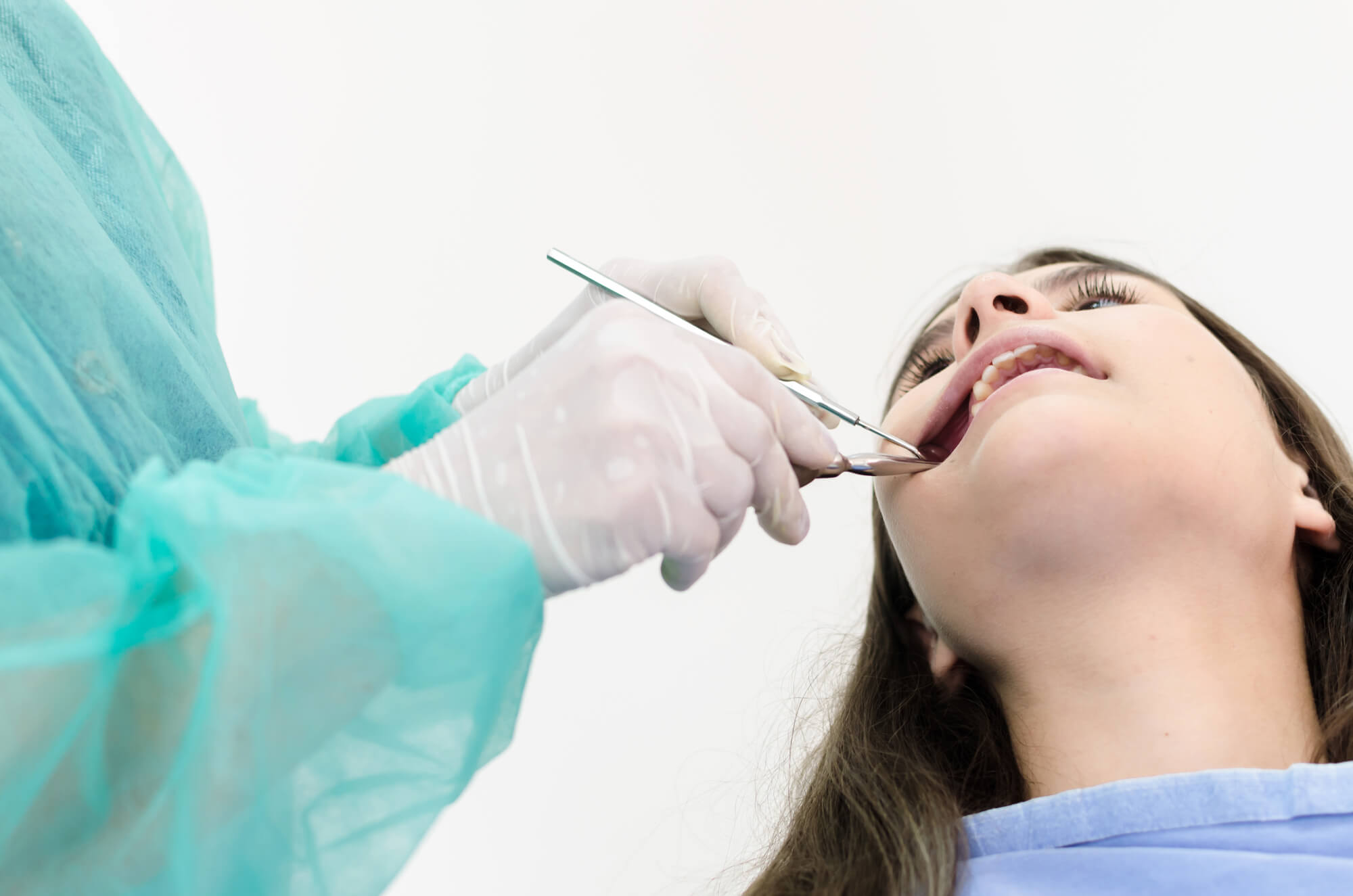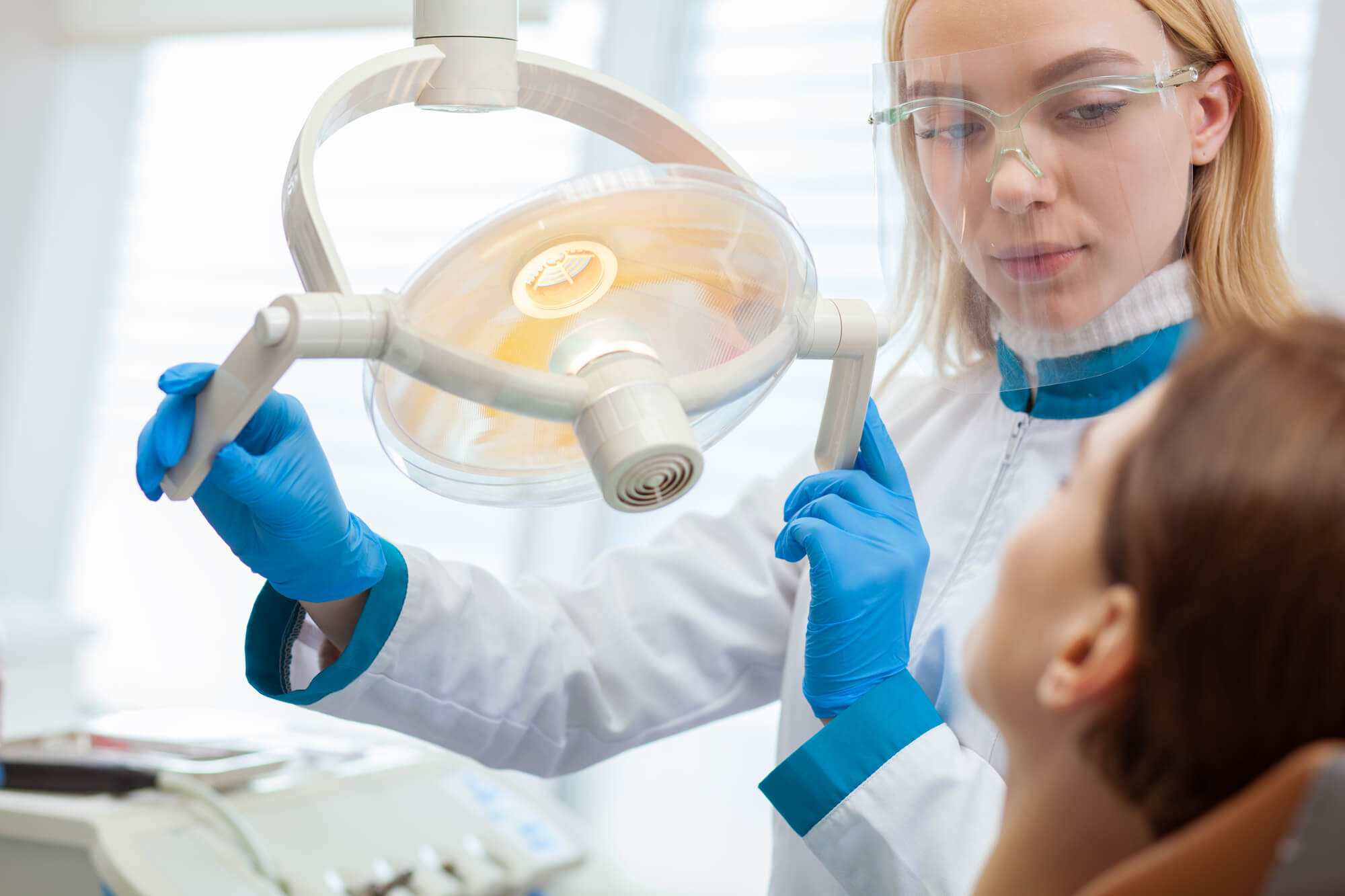Accidents can happen in the blink of an eye, catching us off guard and leaving us feeling uncertain about how to respond. When it comes to dental injuries like fractured, dislodged, or knocked-out teeth, it’s important to know the right steps to take. By handling these situations properly before seeking the help of an emergency dentist in Miami, we can make a real difference in the outcome.
Let’s explore each type of dental injury, understand what you can do, and learn from common mistakes to ensure the best possible outcome.

Dealing with Fractured, Dislodged, or Knocked-Out Teeth
Fractured Teeth
Fractured teeth can happen when a tooth is chipped, cracked, or broken. It can occur due to accidents, sports injuries, or biting into hard objects. The severity of a fractured tooth can vary, ranging from minor chips to more significant cracks or breaks in the tooth structure. Even if there is no immediate pain, it’s important to address fractured teeth promptly to prevent further damage or infection. Here’s what you should do:
- Rinse your mouth with warm water: This helps clean the area and remove any debris that may be present.
- Control bleeding: If there is bleeding, apply gentle pressure to the area using a clean cloth or sterile gauze. This helps stop the bleeding and promotes clotting.
- Reduce pain and swelling: If you experience pain or swelling, you can apply a cold compress to the affected area from the outside of your mouth. This can help alleviate discomfort and reduce swelling.
- Contact your dentist: It’s important to reach out to your emergency dentist in Miami as soon as possible to schedule an appointment. Describe your symptoms and the nature of the fracture when talking to them. This information will help the dentist assess the situation and determine the most appropriate treatment.
Common Mistakes to Avoid
Ignoring Minor Chips or Fractures
Some people may downplay minor chips or fractures, thinking they are not significant. However, even small cracks can lead to more significant problems over time. It’s crucial to have any dental fracture evaluated by a dentist to determine the appropriate treatment.
Neglecting to Protect the Fractured Tooth
If you have a fractured tooth, it’s essential to be mindful of your eating habits and avoid biting down on hard or chewy foods that could further damage the tooth. Protecting it from excessive force or pressure can help prevent additional fractures or complications.
Dislodged Teeth
Dislodged teeth occur when a tooth is partially pushed out of its socket, often resulting from a forceful impact or injury. It’s crucial to handle this type of dental emergency promptly to increase the chances of saving the tooth. Here’s what you should do:
- Gently reposition the tooth: Using light finger pressure, try to reposition the dislodged tooth back into its original position. However, it’s important not to force it. If it doesn’t easily go back into place, don’t continue trying to reposition it.
- Bite down gently on a cloth or gauze: Once you have repositioned the tooth, bite down gently on a clean cloth or sterile gauze to keep the tooth in place and prevent further movement.
- Contact your dentist immediately: It’s crucial to reach out to your dentist as soon as possible or head to an emergency dental clinic. Inform them about the situation so they can prioritize your case and provide appropriate guidance.
- Follow your dentist’s instructions: Your emergency dentist in Miami will examine the injury and determine the best course of action. This may involve stabilizing the tooth and splinting it to adjacent teeth to support its position and promote proper healing.
Common Mistakes to Avoid
Not Protecting the Tooth Properly
Once you have repositioned the dislodged tooth, it’s important to keep it in place and minimize movement. Bite down gently on a clean cloth or sterile gauze to provide stability. Failing to do so may increase the risk of further displacement and jeopardize the chances of saving the tooth.
Handling the Tooth Incorrectly
When repositioning the dislodged tooth, be cautious not to touch the root surface. Handle it by the crown, the part of the tooth visible in the mouth, to minimize the risk of further damage. Touching the root excessively or scrubbing it can harm the delicate cells needed for successful reimplantation.

Knocked-Out Teeth
When a tooth is completely knocked out of its socket, it is considered a dental emergency that requires immediate attention. Time is of the essence in this situation, as the chances of saving the tooth decrease rapidly after the first hour. Here’s what you should do:
- Handle the tooth with care: When dealing with a knocked-out tooth, it’s crucial to handle it properly to maximize the chances of successful reimplantation. Hold the tooth by the crown, which is the part of the tooth that is visible in the mouth. Avoid touching the root surface, as this can damage the delicate cells necessary for successful reimplantation.
- Rinse the tooth gently: If the knocked-out tooth is dirty, you can rinse it gently with water to remove any dirt or debris. Be cautious not to scrub the tooth or use soap, as this could harm the root surface.
- Attempt to reinsert the tooth (if possible): Ideally, the best outcome is achieved by reinserting the knocked-out tooth back into its socket. Try to align the tooth correctly and gently push it into place. Once inserted, bite down gently on a clean cloth or sterile gauze to keep the tooth in position until you reach an emergency dentist in Miami.
- Preserve the tooth if reinsertion is not possible: If reinserting the tooth is not possible or if there is a risk of swallowing the tooth, you need to preserve it properly. Place the tooth in a container with milk or saline solution. Keeping the tooth moist is crucial to increase the chances of successful reimplantation.
- Seek emergency dental care immediately: Time is critical when dealing with a knocked-out tooth. Contact your emergency dentist in Miami immediately or head to an emergency dental clinic.
Common Mistakes to Avoid
Mishandling the Tooth
Mishandling the knocked-out tooth can damage the delicate cells necessary for successful reimplantation. Ensure you handle the tooth by the crown and avoid touching the root surface as much as possible.
Allowing the Tooth to Dry Out
Keeping the knocked-out tooth moist is crucial for increasing the chances of successful reimplantation. Avoid storing the tooth in dry tissues or exposing it to air for an extended period. Placing it in a suitable medium like milk, saline solution, or saliva can help maintain its viability until you reach your emergency dentist in Miami.
In any dental emergency, whether it involves fractured teeth, dislodged teeth, or knocked-out teeth, time is of the essence. The longer you wait, the higher the risk of further damage, complications, and decreased chances of successful treatment. Dental emergencies require immediate attention, and contacting an emergency dentist or visiting an emergency dental clinic should be a top priority
Who is More at Risk?
While dental emergencies can happen to anyone, certain individuals may be at a higher risk. Here are some factors that can increase the susceptibility to dental injuries:
Athletes
Sports activities, particularly contact sports like football, basketball, and hockey, carry a higher risk of dental injuries. Wearing appropriate protective gear, such as mouthguards, can significantly reduce the likelihood of dental trauma.
Children and Adolescents
Kids and teenagers are often more active and prone to accidents and injuries. Their participation in sports, recreational activities, and adventurous play increases the risk of dental emergencies. Supervision and teaching proper safety measures are crucial for minimizing the likelihood of injuries.
Individuals with Osteoporosis
Osteoporosis is a condition characterized by decreased bone density, making bones more fragile and susceptible to fractures. This includes the jawbone, which can increase the risk of dental injuries in individuals with osteoporosis.
People Engaged in Manual Labor
Occupations that involve physical labor, such as construction workers or those working with heavy machinery, may be at a higher risk of dental injuries due to potential accidents or falls. Wearing appropriate protective equipment and following safety protocols is crucial in such professions.
Are There Ways to Prevent These Emergencies?
Yes, there are ways to reduce the likelihood of experiencing them. You can take these proactive steps to protect your teeth and minimize the risk of dental emergencies:
- Wear appropriate protective gear during sports and recreational activities, such as mouthguards for contact sports.
- Teach and practice proper safety measures, especially for children and adolescents engaging in physical activities.
- Maintain good oral hygiene practices to keep teeth and gums healthy and strong.
- Avoid biting or chewing on hard objects, such as ice, pens, or popcorn kernels.
- Use caution when eating hard or sticky foods to minimize the risk of dental fractures.
- Regularly visit your dentist for check-ups and dental cleanings to identify and address any potential issues early on.
- Address any underlying dental conditions, such as teeth grinding (bruxism), through appropriate treatment prescribed by your dentist.
- Be mindful of your surroundings and follow safety guidelines in situations that carry a higher risk of accidents, such as manual labor or working with heavy machinery.
Looking for an Emergency Dentist in Miami?
If you or a loved one are experiencing a dental emergency or require immediate dental care, don’t wait. Contact Dental American Group now. Our experienced team is here to provide prompt and professional care to address your dental needs. Schedule your appointment today.


